The postpartum period or the time after birth, is full of surprises and new experiences for the new mother. Be it the onset of motherhood, a new beginning of life with the baby, changes in the body, etc. But it can also get hectic and maybe a bit overwhelming considering the myths and superstitions that linger around in Indian families.
Fortunately, most of them hold no meaning and are just myths, but they can affect new mothers. And that's what this blog is all about. In this blog, we will discuss and bust a few postpartum pregnancy myths so that you do not have to believe in something that is not worth it.
5 Common Postpartum Care Myths
1. You Need to Drink More Milk to Produce More Breastmilk
There is no research to back this statement. You do not need to drink more milk to increase your breast milk supply. Your body has enough reserves to maintain an optimum milk supply.
However, breastfeeding can make you thirsty. So it is good to have a glass of water after breastfeeding to quench your thirst. You can also opt for other liquids like buttermilk, lemon water, coconut water etc.
Milk is a great source of calcium and has other benefits too. And there is no harm in drinking it within optimum limits.
2. Consuming Ghee Will Strengthen Your Joints
There are no medical evidences that suggest that ghee helps in recovery of joint strength after delivery. However, we in India have been traditionally using ghee for postnatal care and there are many who follow it and swear by it to date, although the exact “science” behind it is not known.
Relaxin is a hormone produced during pregnancy and known to strengthen the joints. Its effects last for some time, even after the pregnancy.
Also, excess consumption of ghee will only add up to the weight you gained during your pregnancy. And many of you will already be struggling to lose weight. So, adding ghee to your diet to take care of your joints is not the right thing to do during your post-pregnancy period.
3. You Need to Get Back to Your Pre-Pregnancy Body as Quickly as Possible
Most women put in too much effort to get back to their pre-pregnancy body after they've delivered the baby. While there's nothing bad about it, this is not something you need to be obsessed with. It's just the hype created by the internet.
You can do whatever you want at your own pace. You can opt for light exercises whenever you feel ready, not because you want to get back into your previous shape but because it feels good to do that and makes you feel happy, healthy, and strong.
So, it is okay to look different than you used to before pregnancy. Therefore, you do not need to "get back" your body as if you had lost it somewhere.
4. You Must Avoid Hot and Cold Foods
People often say that women must avoid having certain foods considered to be hot (eggplant, peaches, etc.) or cold (okra, coconut, etc.) after delivering the baby. However, there is no strong evidence to back this up.
When it comes to food, one thing you must focus on is nutrition. Incorporate a blend of cereal, pulses and green leafy to provide you essential macros and micronutrients.
A nutritious diet will do wonders for you and your baby's health. Focus on complete protein to enhance recovery, immunity, and maintain muscles, hair, skin and nail health. Incorporate fresh fruits, nuts and seeds as well to get omega-3, 6 fatty acids and also essential vitamins and minerals. Beans and raw cruciferous vegetables like cauliflower, cabbage, onions etc. may cause gas or bloating so ensure to consume in moderation.
However, if any you are intolerant or allergic to any food, you must keep away from that to prevent any complications for you and the newborn.
5. Postpartum Depression is Not a Huge Concern
Postpartum Depression (PPD) is a real problem. If you suspect having it, get help as soon as possible. PPD is on the rise and can affect not only the mother but also her family and the baby.
Remember, Postpartum blues is not postpartum depression. Don't confuse these two terms. Postpartum blues are mostly related to feeling stressed, mood swings, etc. These symptoms last for some time and are usually overcome naturally by women.
If these feelings last longer, it can be depression. Be it anything, the husband and the family must always support the new mother and help her whenever required.
What Can New Mothers Do for Post-Natal Care?
Postpartum phase calls for higher nutritional needs. Therefore, you must prioritize well balanced, nutritious diet and adequate sleep to maintain optimum nutritional and hormonal levels.
Post-Natal supplements are ideal to plug the nutritional gaps from the diet. Opt for supplements that are easy on stomach, free from after-taste, fulfill 100% of the RDA of a lactating women, that not only keep the mother healthy but also nourishes the newborn.
Wrapping Up
Do not let anyone misguide you about anything related to your pregnancy. Consult a health expert who will give a sound advice than blindly following myths.
Also you must also not get influenced by the way other women handled their postpartum period. As all bodies are different and work in a different manner and pace.
References
-
Jarlenski MP, Bennett WL, Bleich SN, Barry CL, Stuart EA. Effects of breastfeeding on postpartum weight loss among U.S. women. Prev Med. 2014 Dec;69:146-50. doi: 10.1016/j.ypmed.2014.09.018. Epub 2014 Oct 5. PMID: 25284261; PMCID: PMC4312189. https://www.ncbi.nlm.nih.gov/pmc/articles/PMC4312189/
-
Misgina KH, Groen H, Bezabih AM, Boezen HM, van der Beek EM. Postpartum Weight Change in Relation to Pre-Pregnancy Weight and Gestational Weight Gain in Women in Low-Income Setting: Data from the KITE Cohort in the Northern Part of Ethiopia. Nutrients. 2021 Dec 28;14(1):131. doi: 10.3390/nu14010131. PMID: 35011006; PMCID: PMC8746538.https://www.ncbi.nlm.nih.gov/pmc/articles/PMC8746538/
-
Chakrabarti S, Chakrabarti A. Food taboos in pregnancy and early lactation among women living in a rural area of West Bengal. J Family Med Prim Care. 2019 Jan;8(1):86-90. doi: 10.4103/jfmpc.jfmpc_53_17. PMID: 30911485; PMCID: PMC6396620. https://www.ncbi.nlm.nih.gov/pmc/articles/PMC6396620/
-
Fitelson E, Kim S, Baker AS, Leight K. Treatment of postpartum depression: clinical, psychological and pharmacological options. Int J Womens Health. 2010 Dec 30;3:1-14. doi: 10.2147/IJWH.S6938. PMID: 21339932; PMCID: PMC3039003. https://www.ncbi.nlm.nih.gov/pmc/articles/PMC3039003/
-
Balaram K, Marwaha R. Postpartum Blues. [Updated 2022 Jun 7]. In: StatPearls [Internet]. Treasure Island (FL): StatPearls Publishing; 2022 Jan-. Available from: https://www.ncbi.nlm.nih.gov/books/NBK554546/
-
Drugs and Lactation Database (LactMed) [Internet]. Bethesda (MD): National Library of Medicine (US); 2006-. Fenugreek. [Updated 2022 Aug 15]. Available from: https://www.ncbi.nlm.nih.gov/books/NBK501779/












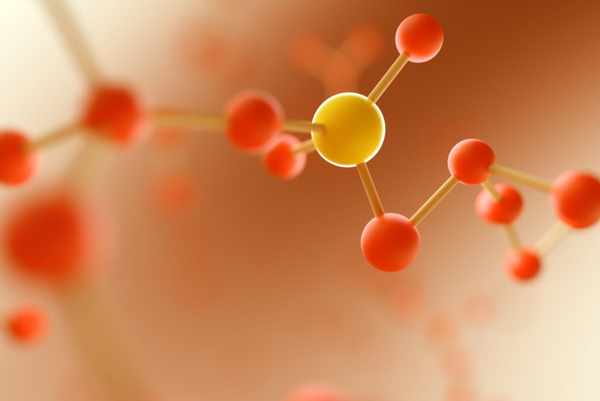

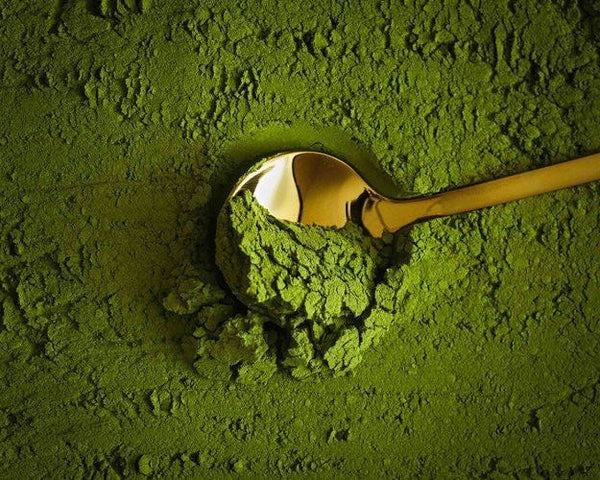
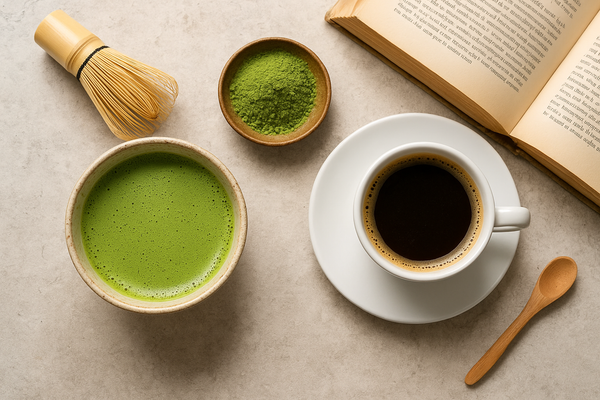
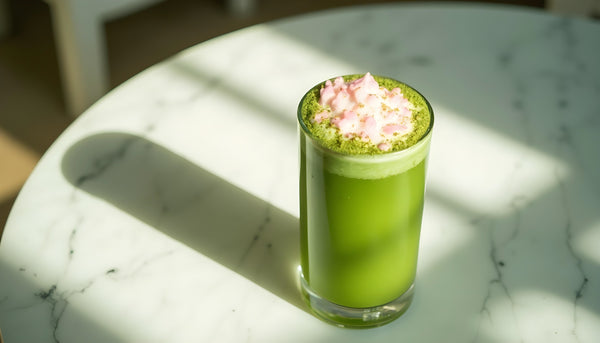
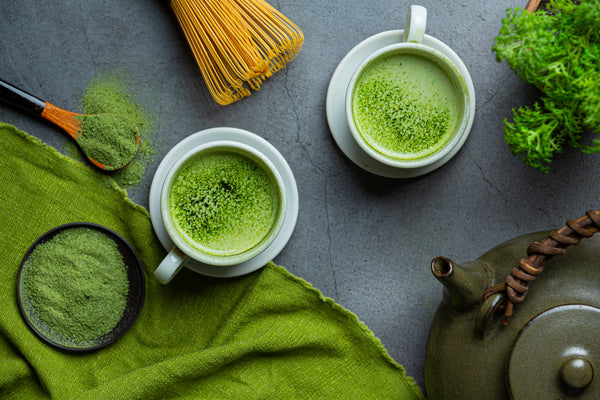
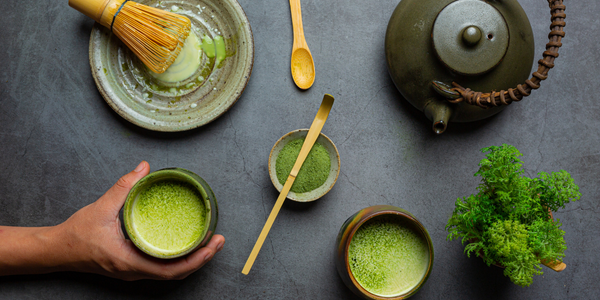
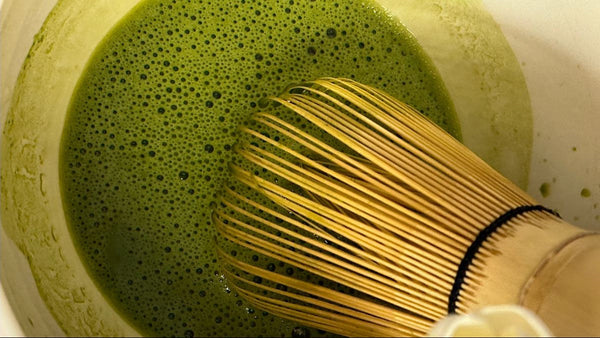
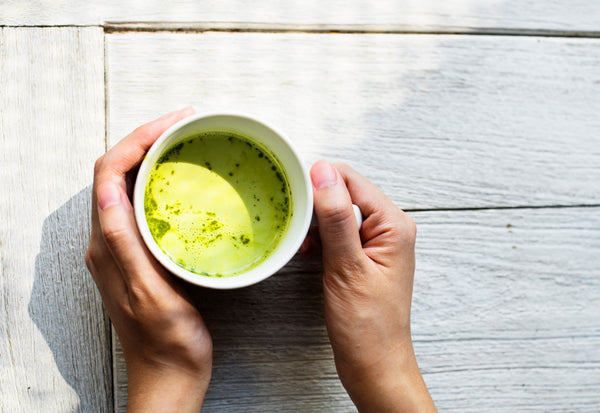






 DOWNLOAD NOW
DOWNLOAD NOW
